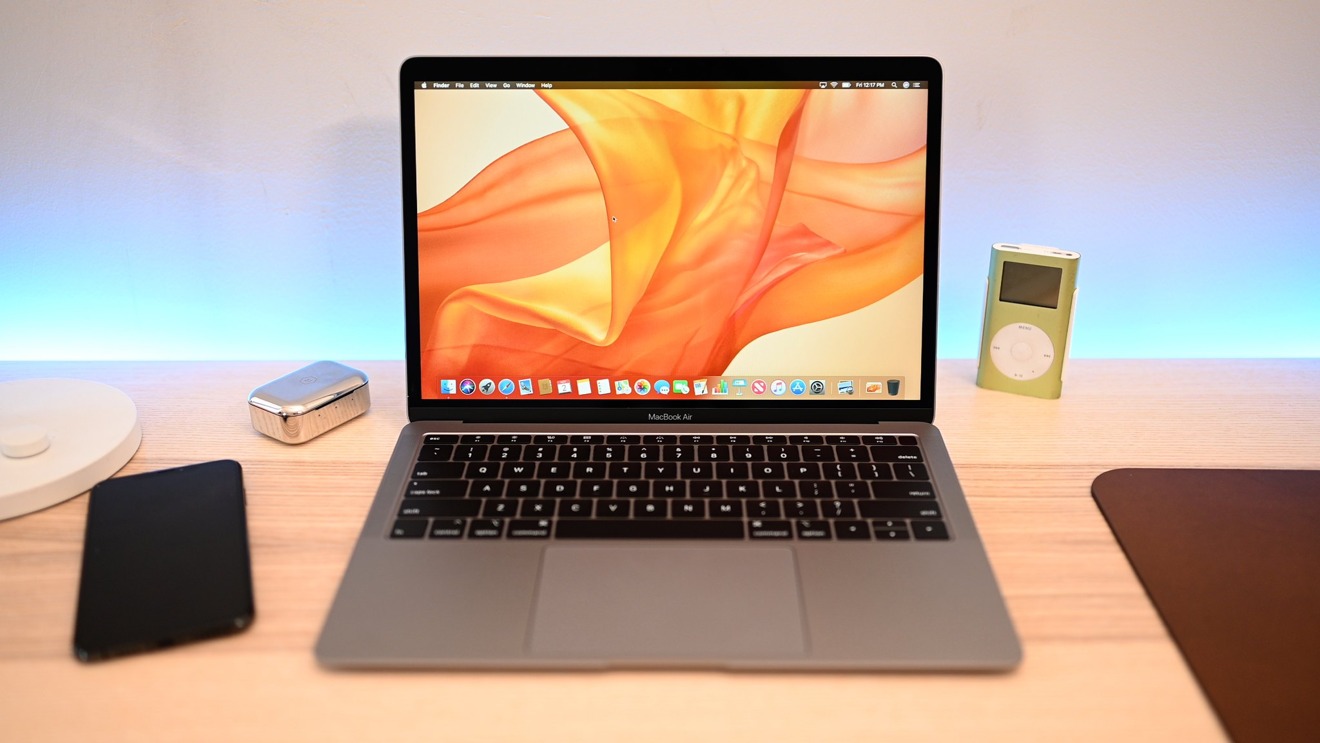Apple is continuing to work on a self-designed processor for use in a future Mac, analyst Ming-Chi Kuo, with the first possible release using an ARM-based chip instead of an Intel processor likely to arrive in the first half of 2021.
Rumors of an ARM-based Mac or MacBook have surfaced in a while, with the general theme of Apple moving away from its reliance on Intel Core processors in favor of its own silicon. According to TF Securities' Ming-Chi Kuo, this could happen sooner than people may think.
In a note to investors seen by AppleInsider, Kuo forecasts that Apple will be using a 5-nanometer process at the core of its new products 12 to 18 months' time. As part of this, Kuo believes there will be a "new 1H21 Mac equipped with the own-design processor."
The creation of its own processor would, most likely, lean on Apple's extensive knowledge of chip design for the iPhone, iPad, and other devices that use the A-series chips, as well as other periphery silicon of its own devising. This would enable it to use designs it created to help reduce the amount of power the chip consumed, for example, as it did with the A13 Bionic.
A move to its own chips would also mean it wouldn't be bound to the limitations of Intel's designs. If Apple wanted to introduce new features or believed it could implement a processing technique in a better way than Intel, it would be free to do so under its own steam.
Shifting over to an ARM-based chip would also give some context to Apple's decision to move away from supporting 32-bit apps in macOS Catalina, as well as Apple's work on Catalyst. In theory, this could allow Apple to use the same chips in the Mac as it does in iPhones and iPads, reducing its overall costs and enabling apps to be more usable throughout the entire Apple ecosystem.
Kuo's nearer-term proposed uses of 5-nanometer chips by Apple also includes the "iPhone 12" as well a refreshed iPad for the second half of 2020 equipped with mini LED.
 Malcolm Owen
Malcolm Owen







-m.jpg)






 Andrew Orr
Andrew Orr

 William Gallagher
William Gallagher

 Wesley Hilliard
Wesley Hilliard





-m.jpg)




149 Comments
Any ideas on how Apple will handle the X86 code of current apps to run on ARM architecture? I am not educated on this. Is ARM close enough to X86 that the transition will be easy or will it require a Rosetta-like translation framework like the move from Moto 68000 to X86 did. Will we have universal binaries again or something else during the transition?
If true, the timing is a bit ironic as 2021 is when intel might finally be getting their issues sorted out. The competition between Intel and AMD is likely to be fierce, benefiting OEMs and end-users alike.
I imagine when someone "ports" their iPad over to the macOS via